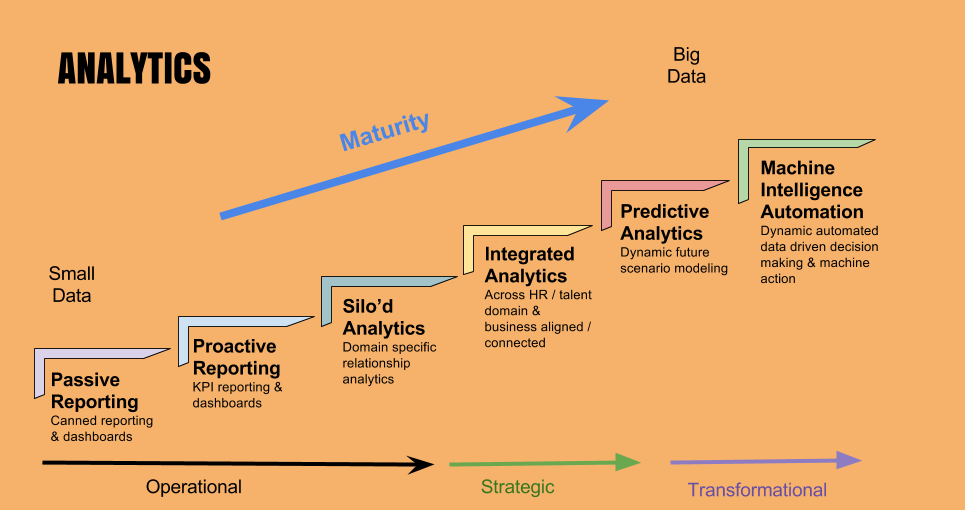Analytics plugins: Difference between revisions
No edit summary |
(Adding learning analytics dimensions image) |
||
| Line 1: | Line 1: | ||
Learning Analytics are any piece of information that can help an LMS user improve learning outcomes. Users include students, teachers, administrators and decision-makers. | Learning Analytics are any piece of information that can help an LMS user improve learning outcomes. Users include students, teachers, administrators and decision-makers. | ||
== Moodle Plugins == | == Moodle Plugins == | ||
| Line 130: | Line 128: | ||
| style="text-align:center;" | N/A | | style="text-align:center;" | N/A | ||
|} | |} | ||
<nowiki>*</nowiki> Reported usage is drawn from the [http://research.moodle.net/71/1/Plugins%20Usage%20Survey%202015%20Report.pdf Plugins Usage Survey from 2015]. | <nowiki>*</nowiki> Reported usage is drawn from the [http://research.moodle.net/71/1/Plugins%20Usage%20Survey%202015%20Report.pdf Plugins Usage Survey from 2015]. | ||
| Line 141: | Line 137: | ||
* [http://damos.world/2013/08/30/the-moodle-activity-viewer-mav-heatmaps-of-student-activity/ Moodle Activity Viewer] (MAV) ([https://github.com/damoclark/mav-enterprise Git]) | * [http://damos.world/2013/08/30/the-moodle-activity-viewer-mav-heatmaps-of-student-activity/ Moodle Activity Viewer] (MAV) ([https://github.com/damoclark/mav-enterprise Git]) | ||
* [http://www.intelliboard.net/ Intelliboard] | * [http://www.intelliboard.net/ Intelliboard] | ||
== Dimensions of Analytics == | |||
Learning analytics are a concept that has been emerging under a number of different names through the past decades. Its origins lie in research in data mining and intelligent tutoring systems. LA tools can be categorised in a number of ways. The diagram below describes such tools by how deeply they are integrated with other systems ([http://www.netdimensions.com/downloads-2015/others/lms-evolution-or-extinction.pdf?mkt_tok=3RkMMJWWfF9wsRokuKjMZKXonjHpfsX56OQtW6CwlMI%2F0ER3fOvrPUfGjI4DTsdlI%2BSLDwEYGJlv6SgFS7fAMaFl3bgIWBY%3D source]). | |||
[[File:Learning-analytics.png]] | |||
== See also... == | == See also... == | ||
Revision as of 00:02, 12 January 2016
Learning Analytics are any piece of information that can help an LMS user improve learning outcomes. Users include students, teachers, administrators and decision-makers.
Moodle Plugins
There are a number of reports, blocks and other plugins for Moodle that provide learning analytics.
| Plugin | Plugin type | Standard / Additional | Useful for | Reported usage* |
|---|---|---|---|---|
| Logs | Report | Standard | Teachers, Admins, Decision-makers | 71.4% |
| Activity | Report | Standard | Teachers | 69.1% |
| Activity completion | Report | Standard | Teachers | 66.3% |
| Live logs | Report | Standard | Teachers, Admins | 55.2% |
| (Quiz) Statistics | Report | Standard | Teachers | 53.0% |
| (Course) Participation | Report | Standard | Teachers | 49.9% |
| Survey | Activity | Standard | Teachers | 45.6% |
| Course overview | Report | Standard | Admins, Decision-makers | 45.0% |
| Course completion status | Block | Standard | Students | 41.4% |
| Progress Bar | Block | Additional | Students, Teachers | 32.0% |
| Events list | Report | Standard | Teachers, Admins | 28.6% |
| Activity results block | Block | Standard | Students | 26.1% |
| Configurable Reports | Block (Report) | Additional | Teachers, Admins, Decision-makers | 22.7% |
| (Gradebook) Overview | Report | Standard | Teachers, Students | N/A |
| Ad-hoc database queries | Report | Additional | Teachers, Admins, Decision-makers | N/A |
| Engagement Analytics | Block, Report, Activity module | Additional | Teachers | N/A |
| Course Dedication | Block | Additional | Students, Teachers | N/A |
| Graph Stats | Block | Additional | Teachers, Admins | N/A |
| GISMO, a graphical interactive student monitoring | Block | Additional | Teachers | N/A |
* Reported usage is drawn from the Plugins Usage Survey from 2015.
Integrations with Moodle
A number of systems integrate with Moodle to provide learning analytics information.
- Moodle Activity Viewer (MAV) (Git)
- Intelliboard
Dimensions of Analytics
Learning analytics are a concept that has been emerging under a number of different names through the past decades. Its origins lie in research in data mining and intelligent tutoring systems. LA tools can be categorised in a number of ways. The diagram below describes such tools by how deeply they are integrated with other systems (source).
